??? Cork Floor Installation
karenfromknoxville
16 years ago
Related Stories
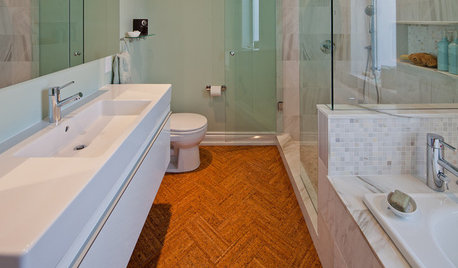
FLOORSWill Cork Float for Your Bathroom Floor?
Get the facts on advantages, disadvantages, costs and installation to see if a cork bathroom floor is right for you
Full Story
REMODELING GUIDESCork Flooring 101: Warm Up to a Natural Wonder
Comfortable, sustainable and easy on the eye, cork has a lot going for it. Use our guide to get familiar with this natural flooring material
Full Story
DECORATING GUIDESDiscover the Unstoppable Advantages of Cork for the Home
Look beyond wine stoppers to see cork's ecofriendliness, durability, fire resistance and antimicrobial nature for all kinds of home products
Full Story
FLOORSWhat's the Right Wood Floor Installation for You?
Straight, diagonal, chevron, parquet and more. See which floor design is best for your space
Full Story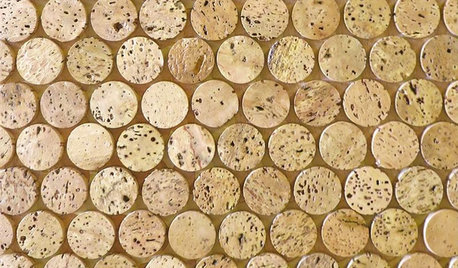
PRODUCT PICKSGuest Picks: Put a Cork in It
Buoyant, fire-resistant cork is popping up everywhere these days. Check it out on furnishings, finishes, accessories and more
Full Story
GREEN BUILDINGEcofriendly Cool: Insulate With Wool, Cork, Old Denim and More
Learn about the pros and cons of healthier alternatives to fiberglass and foam, and when to consider an insulation switch
Full Story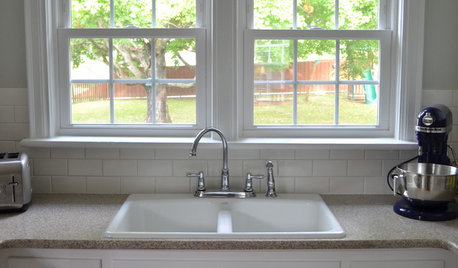
KITCHEN BACKSPLASHESHow to Install a Tile Backsplash
If you've got a steady hand, a few easy-to-find supplies and patience, you can install a tile backsplash in a kitchen or bathroom
Full Story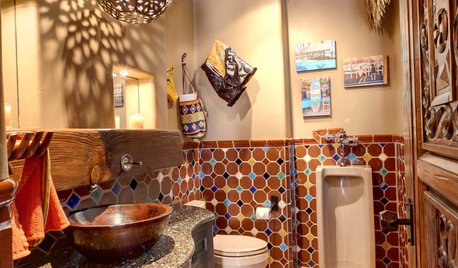
BATHROOM DESIGNShould You Install a Urinal at Home?
Wall-mounted pit stops are handy in more than just man caves — and they can look better than you might think
Full Story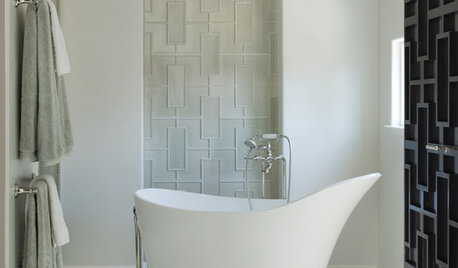
REMODELING GUIDESContractor Tips: How to Install Tile
Before you pick up a single tile, pull from these tips for expert results
Full Story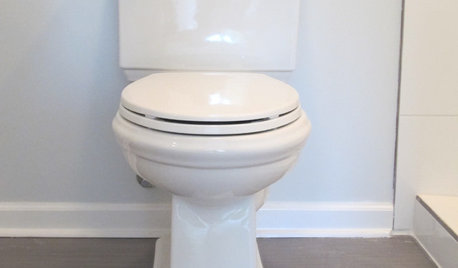
BATHROOM DESIGNHow to Install a Toilet in an Hour
Putting a new commode in a bathroom or powder room yourself saves plumber fees, and it's less scary than you might expect
Full StorySponsored
Franklin County's Full Service, Turn-Key Construction & Design Company
More Discussions








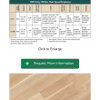
User
karenfromknoxvilleOriginal Author
Related Professionals
Cottage Grove Flooring Contractors · Miami Flooring Contractors · Novi Flooring Contractors · Palm Harbor Flooring Contractors · San Bruno Flooring Contractors · Turlock Flooring Contractors · West Bend Flooring Contractors · Fullerton Flooring Contractors · Santa Paula Tile and Stone Contractors · New Bern General Contractors · Bay City General Contractors · Klamath Falls General Contractors · Natchitoches General Contractors · Oneida General Contractors · Oxon Hill General Contractorscork2win
floorguy
karenfromknoxvilleOriginal Author
angeldolly
gego
karenfromknoxvilleOriginal Author
floorguy
karenfromknoxvilleOriginal Author
cork2win
karenfromknoxvilleOriginal Author
floorguy
karenfromknoxvilleOriginal Author
cork2win
karenfromknoxvilleOriginal Author
cork2win
glennsfc
karenfromknoxvilleOriginal Author
angeldolly
cork2win
karenfromknoxvilleOriginal Author
floorguy
karenfromknoxvilleOriginal Author
Skonovd Ranch
Skonovd Ranch
jerry_t
Skonovd Ranch
jerry_t
Skonovd Ranch
floorguy
beekeeperswife
jerry_t
floorguy
beekeeperswife
jerry_t
pima74
stevefromcary